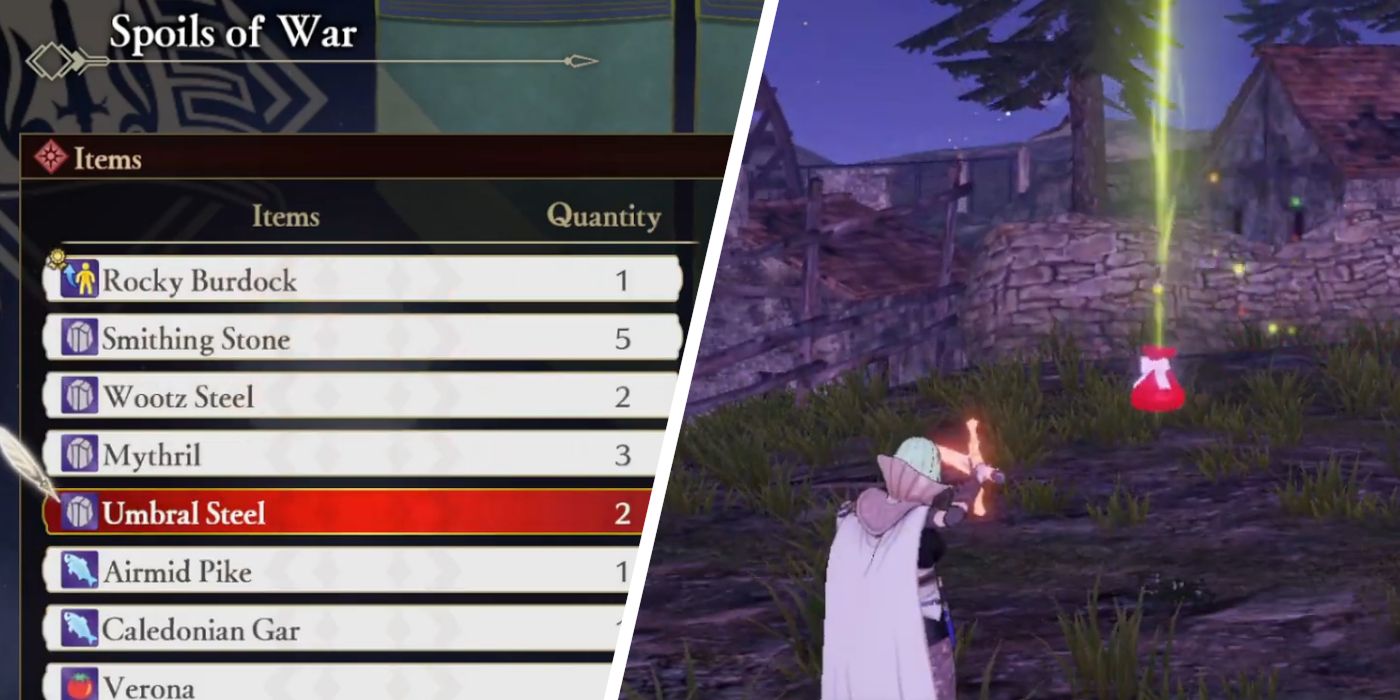The major record companies emerged victorious as the Free Artists From Industry Restrictions (FAIR) Act failed to pass out of the California State Senate’s Judiciary committee on Tuesday (June 28) in Sacramento.
The Fair Act, also known as AB Bill 983, received four votes, two short of the six needed to reach a majority from the 11-member committee. The bill was the latest effort to repeal a 1987 amendment to California’s “Seven-Year Statute” (a.k.a. California Labor Code Section 2855). That amendment allows record labels to sue artists for damages (including potential lost revenue) if they leave after seven years but before delivering the required number of albums in their contract.
Though the committee addressed the bill early in the afternoon, it took until the conclusion of the 13-hour hearing — nearing 11 p.m. — for enough committee members to vote to determine the bill’s fate.
“We applaud the Committee’s thoughtful decision to reject AB983,” read a statement issued by California Music Coalition, a group of more than 20 record labels from across California which had opposed the bill, as had the Recording Industry Association of America. “The Committee recognized that AB 983 would have radically destabilized recording agreements and California’s entire music economy, taking money out of the pockets of working artists to fund even bigger paychecks for wealthy managers and lawyers.”
While expressing their disappointment, key proponents of the bill, including the Music Artists Coalition, Black Music Action Coalition and Songwriters of North America, vowed to fight on. “It is heartbreaking that –for now—the artist community will continue to be denied equal protection. The FAIR Act was an opportunity for the community to come together and the labels refused to join,” they said in a joint statement. “This is a battle, not the war.”
The bill’s author, Assemblyman Ash Kalra (D-San Jose), also expressed his commitment to continuing to fight for artists. “With resistance from industry and a tight timeline to pass a second committee, AB 983 unfortunately came up short of moving forward today,” he said in a statement. “I remain committed to ending contract terms that are overly restrictive, antiquated, and unnecessarily punitive towards recording artists and thank the sponsors for their support and partnership.”
The Seven-Year Statute, which limits personal services contracts for state residents to seven years, was enacted in 1944 following the judgment in actress Olivia de Havilland’s lawsuit against Warner Bros. Pictures.
This marks the fourth time the bill — in its various forms — has failed to pass or move forward. Kalra, along with new co-sponsor, Assembly member Eduardo Garcia, D-Coachella, re-introduced the current iteration of AB 983 in May via a process known as Gut & Amend: the language of a bill that has already passed through the Assembly and is now in the California Senate is taken out and the language of the new bill is inserted.
Kalra made the move after a previous version, then known as AB 2926, was pulled prior to a hearing before the Assembly’s Arts committee in February.
That bill built on AB 1385, which was introduced by former Assembly member Lorena Gonzalez, D-San Diego, in March 2021, but she pulled the bill in December, when she left office to become head of the California Labor Federation.
Gonzalez took up the cause 20 years after a number of artists, including Don Henley and Courtney Love, and managers such as Irving Azoff led a failed effort to repeal in 2001.
At the request of legislators, the version of AB 983 heard by the Judiciary committee Tuesday had been amended to be more label-friendly from the version that had passed through the California Senate’s Labor, Public Employment and Retirement committee on June 22 but it still did not earn the bill enough votes to pass.
The previous version called for an act desiring to leave their label after seven years to pay back any advances received from the label for any undelivered albums, “provided that the amount shall be credited to the music talent’s existing royalty account.”
If passed the new version would have upped the amount of the advance paid back by the artist for any undelivered albums to 120% and the provision crediting that amount to the artist’s royalty account had been removed.
Though ultimately unsuccessful, Kalra indicated during the 40-minute hearing that he wanted to find more ways to propel the bill forward and amenable both to the opposition and legislators. In addition to the advance repayment, he called for a departing act to reimburse the label 130% of any recoupable expenditures, such as recording costs, already spent by the label on any undelivered albums. “I understand that the opposition is fierce, but my commitment to try to find a path forward still remains strong,” Kalra told the committee.
Testifying in person on behalf of AB 983 were economist Ted Tatos of consulting firm Econ One, who co-authored an economic analysis released by proponents of the bill June 16, and ARC Strategies consultant Dominic DiMare, representing the Music Artists Coalition, who read a statement from artist attorney and Songwriters of North America co-founder Dina LaPolt, who was not present.
“The current law, the seven-year statute or the exclusion thereof, is inequitable. It doesn’t equally protect all California citizens,” LaPolt wrote in her statement, as read by DiMare. “The seven-year statute [carve-out] perpetuates the imbalance that exists between dominant record labels and the individual artists.” Since the amendment passed in 1987, “not one artist has successfully received the seven-year protection and that is because the damages settlements are an extraordinary barrier to the use of the seven-year statute.”
While not present at the hearing, LaPolt took to Twitter quickly after the bill was heard to call out the Judiciary committee chair Senator Thomas J. Umberg, who abstained from voting: “@SenatorUmberg you should be ashamed. In the pocket of the corporations NOT the music artists in CA. boy, bye.”
She also tackled music companies, tweeting “Record labels are lying pieces of sh-t. Stop f-cking with artists. You suck and they hate you all.”
Record labels are lying pieces of shit. Stop fucking with artists. You suck and they hate you all
— Dina LaPolt ???? (@dinalapolt) June 28, 2022
The Judiciary hearing, which included nearly 60 bills, went on for more than 12 hours and as the time passed and both sides waited for committee members who had not attended the hearing to cast their votes, other proponents, including the BMAC, also took to Twitter to pitch individual senators. “Please stand with the artists and support the Fair Act! Don’t Abandon us,” BMAC tweeted to Senator Bob Wieckowski, D-Fremont, who voted no.
Azoff tweeted to all the committee members, “Please support The FAIR Act and the artists who make the music.”
Testifying for the opposition were Jeffrey Harleston, Universal Music Group’s general counsel and executive vp of business & legal affairs, and Hopeless Records’ founder Louis Posen.
“No one on the recorded music side is challenging the seven-year rule,” Harleston said. “We understand that is the law in the state of California, has been for the entire time that I have practiced law in the state of California in the music industry and we suspect will be the law for years to come. This is not an exemption. An exemption means you are exempting someone from being able to do something. In this case, what the proponents are asking for is an exemption for the artists, an exemption from their contractual obligations.” He added that while artists UMG tries to sign are represented by “competent counsel…We actually offered an amendment that for some reason was rejected where we would even say we would not pursue damages against any artist that was signed who wasn’t represented by counsel.”
Posen, who started Hopeless nearly 30 years ago, pled the case for indie labels that sign artists in “genres that big companies aren’t going to take a chance on. We are the companies who believe in long term artist development and take the time to really develop someone’s career,” noting that artists are signed for a number of albums, not a number of years. “What we do need is a clarity of how many albums we have so know how to plan and how to invest. If this bill goes through, there’s a lack of clarity of what that agreement means… I don’t know how a label can plan or invest if they don’t know how many records they’re getting.”
While Posen opposed the bill, a number of independent labels, including Epitaph, Mad Decent and Ninja Tune, had gone on record supporting AB 983 or its previous iterations.
Following the testimony, Wieckowski questioned how labels and artists in conflict resolve whether a product counts as an album toward the act’s contractual obligation and argued that “we have a court system” to handle disputes.
Kalra maintained that the issues that AB 983 tried to resolve were greater than that and dealt with “self-determination” for an artist. “When seven years comes up, they ought to be able to leave…there should be some appropriate compensation [to labels] to allow for them to do that, but to hold over their head expected profits when the reality is that’s a very difficult thing to determine…What we’re trying to do here is come to a point that frees the artist, the only, only service workers in this entire state that [have] an exception to the Seven-Year rule because the labels lobbied for it in 1987…we put the thumb on the scale, we need to remove it.”
For now, at least, that thumb will remain, but some senators indicated interest in keeping talks going. “While I am sensitive to the concerns of the industry that [we are] interfering with contractual relationships, we’re really not,” said Senator Scott Wiener, D-San Francisco, who voted yes. “I do think it’s appropriate for us to explore changing this and while this issue is not clear cut, it’s not a slam duck…I think on balance, moving in this direction is the right way to go.”
Senator Henry Stern, D-Malibu, voted yes and also expressed interest in the senate’s continued involvement: “The current state of the industry has to be revisited and I think it’s an important conversation to prompt. I get that it’s an uncomfortable conversation, but I do appreciate that that [Kalra] is forcing us to wrestle with this and I do not think this is a snake pit that we all ought to be staying out of. The music industry is really our only hope for a creative economy in the state of California.”


























































